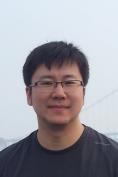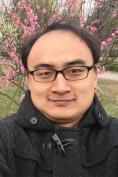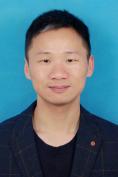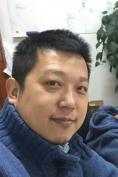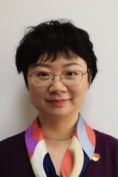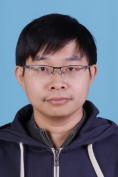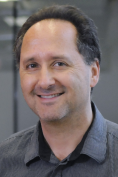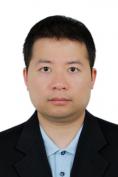Yuan Cao
Cao Yuan, male, born in August 1983.
Obtained a doctorate in November 2012 at the University of Science and Technology of China and in the same year in the school began postdoctoral research work. In 2016, I became an associate researcher. Mainly engaged in the experimental research on free-space quantum communication and spaceborne high brightness quantum entangled source. Recent major interest in the direction of new technology of quantum optics, quantum entanglement source, and the fundamental issue of quantum mechanics.
